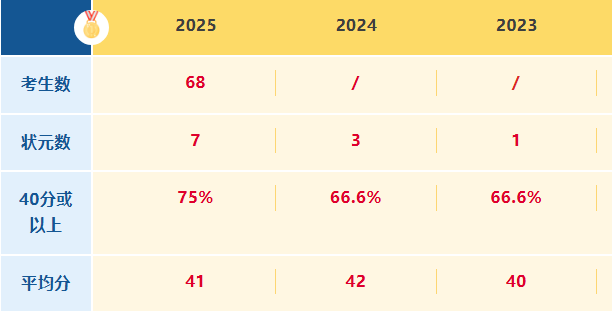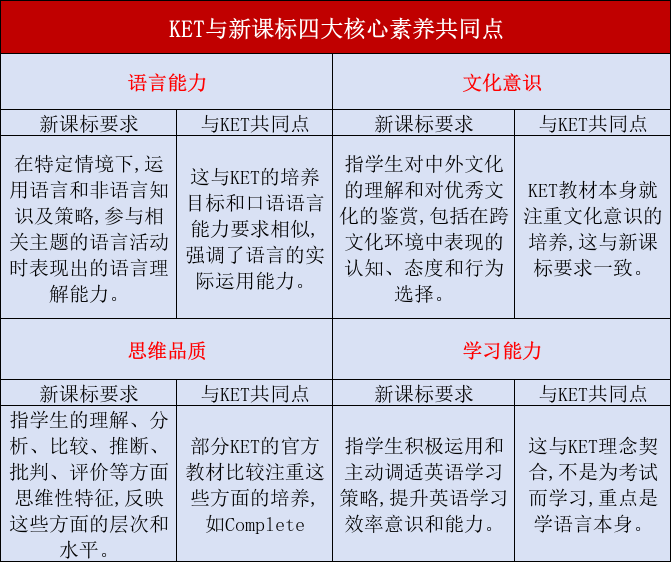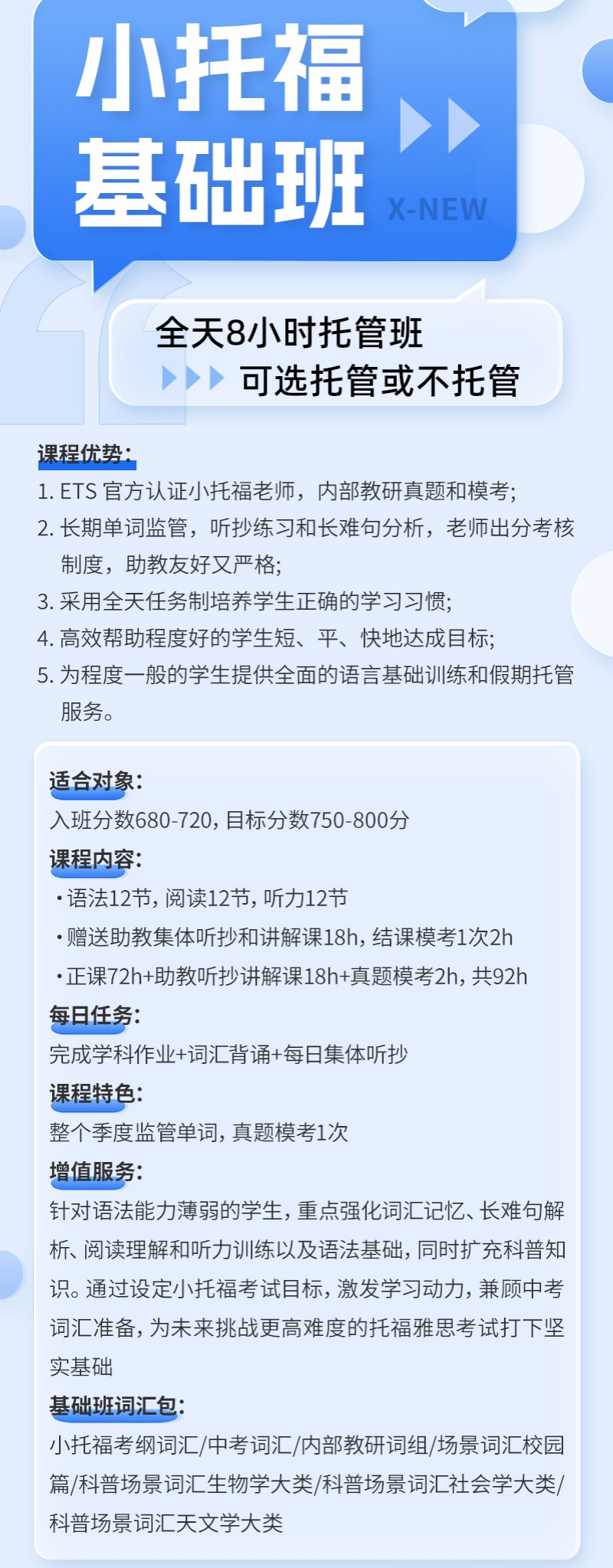John Locke 2024 Econ Q2
Step 1
Topic Decomposition and Rephrasing
Original Topic: “Accurate news reporting is a public good. Does it follow that news agencies should be funded from taxation??
Rephrased Topic: "Considering accurate news reporting benefits the entire society and is non-excludable and non-rivalrous, should the government support news agencies through taxpayer funds to ensure their sustainability?"
Key Economic Terms Explained:- Public Good: A commodity or service that is provided without profit to all members of a society, either by the government or a private individual or organization.- Non-excludable: It is not feasible to exclude individuals from using the good.- Non-rivalrous: One person's use of the good does not reduce its availability to others.
Step 2
Related Economics Knowledge
To develop a comprehensive essay, students should familiarize themselves with the following concepts:
Public Goods: Characteristics, examples, and the free-rider problem.
Funding Mechanisms for Public Goods: Taxation vs. private funding, advantages, and disadvantages.
Role of News Agencies: Importance of accurate information in a democracy, impact on public opinion and policy.
Externalities: Positive and negative externalities resulting from accurate or inaccurate news reporting.
Government Intervention in the Economy: Reasons for and against, including market failure, public interest, and the protection of democracy.
Media Economics: How news agencies generate revenue, challenges in the digital age, and the impact of funding sources on reporting quality and independence.
Step 3
Positive Statement:
Funding news agencies through taxation is essential to ensure the delivery of accurate news reporting as a public good, supporting democracy and informed citizenship.
Potential Supporting Arguments:
1. Ensures unbiased reporting by reducing reliance on advertising.2. Prevents the spread of misinformation by supporting thorough journalism.3. Facilitates investigative journalism that might not be financially viable otherwise. 4. Promotes media literacy by ensuring access to high-quality news.5. Encourages diversity in reporting by funding a variety of news sources.6. Strengthens democracy by keeping the public informed.7. Reduces commercial pressures that may lead to sensationalism.8. Enables comprehensive coverage of underreported issues.9. Supports local news agencies struggling financially.10. Ensures news accessibility for all socioeconomic groups.11. Encourages journalistic integrity by providing stable funding.12. Reduces the influence of private donors and advertisers on news content.13. Helps maintain a plurality of voices in the media landscape.14. Can be designed to respect journalistic independence.15. Supports educational content and public awareness campaigns.
16. Enhances cultural representation in media.17. Aids in the maintenance of a well-informed electorate.18. Mitigates the risk of news deserts in rural and underserved areas. 19. Provides a mechanism for public accountability and transparency. 20. Encourages global news coverage and international awareness.
Step 4
Negative Statement:
Funding news agencies through taxation undermines journalistic independence, risks government bias, and is not the best use of public resources.
1. Risks government influence over editorial content.
2. May lead to censorship or suppression of dissenting views.
3. Encourages dependency on government funding, reducing innovation.
4. Could be perceived as a misuse of taxpayer money.
5. Potentially prioritizes mainstream over niche and minority voices.
6. Might lead to inefficiency and lack of competitiveness in the news industry.
7. Risks public skepticism towards news perceived as government-endorsed.
8. Challenges in ensuring fair distribution of funds across media outlets.
9. Potential for political manipulation during election cycles.
10. Difficulty in establishing criteria for funding allocation.
11. Concerns over transparency in the use and distribution of funds.
12. Could discourage private investment in news media.
13. Risk of reducing diversity in news sources.
14. May not address the root causes of inaccurate reporting.
15. Encourages a one-size-fits-all approach to media funding.
16. Potential for bureaucratic overreach in media operations.
17. Could lead to international criticism or concerns over press freedom.
18. Risks diminishing the public's critical engagement with news sources.
19. Might not be sustainable in the long term due to political changes.
20. Concerns over the fairness of taxing the public for media consumption.















